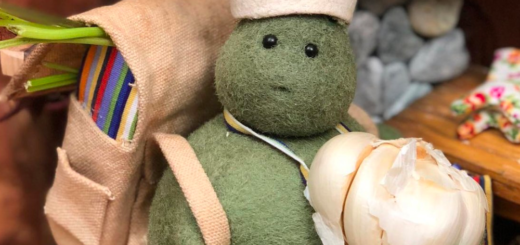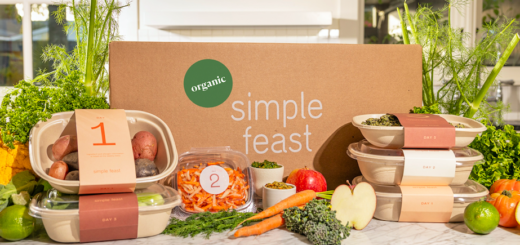Colleges Including Harvard, Dartmouth, San Diego State Opt Into Plant-Based Culinary Training
 When it comes to food, every choice matters. Lives and resources are saved whenever an individual opts for plants on their plate instead of animal protein.
When it comes to food, every choice matters. Lives and resources are saved whenever an individual opts for plants on their plate instead of animal protein.
But even better than incremental change is when when dozens, hundreds, or thousands of people start making better choices. And with millions of Americans eating daily in college dining halls, hospital rooms, prison cafeterias, and workplace lunch lines — implementing plant-based options in these institutions can create massive impact.
These kinds of large-scale menu changes are the mission of Ken Botts, food policy manager for the Humane Society of the U.S.’s (HSUS) Farm Animal Protection division, meat reduction arm.
Botts, and Chef Wanda White — the culinarian who helped create the University of North Texas’s famous Mean Greens all-vegan dining hall — travel the country hosting Food Forward industry events and plant-based culinary training at colleges, health care facilities, and other interested institutions, including Ivy Leaguers like Harvard, Dartmouth, Northwestern and more.
The team’s most recent effort was a one-day Food Forward event in Boca Raton, Florida, hosted at Florida Atlantic University (FAU). More than 65 food industry leaders came to hear panel discussions and expert speakers, watch cooking demos, and eat a vegan lunch.
In addition to these one-day conferences, the meat reduction team also hosts two-day culinary trainings in kitchens across the country. Approximately 20 chefs are invited to each event, and Chef Wanda and Botts help lead them through the ins and outs of plant-based cooking and menu development.
“We go around the country and work with food service professionals to educate them on how to create plant-based menus, all the way from breakfast to dessert,” explains Botts. “We have a book of about 40 recipes we work with, and we’re in their kitchen showing them how to use food that they already have. It’s not something different, it’s just how to present it and prepare it to get staff, students, and guests excited about this kind of food.”
The program is completely free for participating institutions. The meat reduction team engages in outreach efforts to let schools and hospitals know that this program is available, but word has begun to spread organically, too.
“We’ve done over 15 institutions around the nation both in healthcare and higher education, and now we’re developing one for K-12 schools. We’ve trained over 200 chefs, and we’re in the process of creating a chef’s collaborative where chefs who have this knowledge can talk and share recipes and continue to grow the program.”
Harvard University, Northwestern University, Tufts University, San Diego State, and Dartmouth College are among the schools that have opted into these trainings. Hospitals are getting on board, too, especially as the body of evidence surrounding the health benefits of a plant-based diet continues to grow.
“Food service directors know they’re going to save money by putting a fantastic eggplant dish on their patients’ plates — as opposed to a meat-based dish that contains beef pork or chicken. It’s an aha moment where they realize ‘it’s better for my patients and it’s better for food costs.’ And if they have a compassionate heart they realize it’s also good for the animals and the planet.”
Change is becoming apparent, Botts says, and not just in the U.S. “It’s happening in countries all around the world. Obesity and heart disease are rampant and it’s not sustainable to try to battle this from a medical standpoint so they’re looking at food.”
This change in attitude among institutions also opens up opportunities for manufacturers of plant-based products. The key is cost, explains Botts. Food service professionals are always looking at the bottom line, so these companies need to find a way to offer their products at a competitive rate (a la Hampton Creek, which has successfully gotten Just Mayo and Just Cookie Dough into institutional environments).
Since Botts joined the HSUS team, he’s seen the tide turning, he says. From schools to hospitals to prisons, plant-based options are no longer just a trend. “It’s becoming the norm; it’s becoming a mainstream option.”
Follow Latest Vegan News on Facebook, on Twitter @LatestVeganNews, and Google+ , and sign up to receive our daily headlines in your inbox here.
















